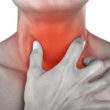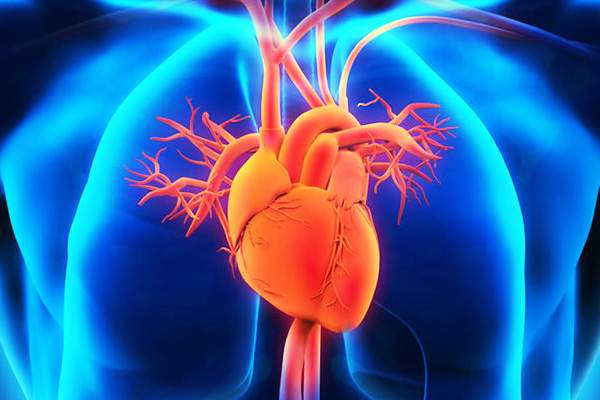Heart failure happens when the heart is unable to pump sufficient blood and maintain blood flow to meet the body’s oxygen requirements. Congestive cardiac failure (CCF) and chronic heart failure (CHF) can be used interchangeably with congestive heart failure.
According to HHS Public Access, heart failure (HF) is a major public health issue with a prevalence of more than 5.8 million in the United States and more than 23 million globally. The publication added that over 550,000 people are diagnosed with heart failure for the first time every year in the United States and one of five people has a lifetime risk of having the disease. More than 2.4 million people who are hospitalized have heart failure as a chief or secondary diagnosis and about 300,000 of yearly deaths are associated to heart failure.
As per Mayo Clinic, the common signs and symptoms of heart failure include dyspnea or shortness of death upon exertion or at rest, fatigue, edema or swelling in one’s lower extremities, irregular or rapid heartbeat, decreased ability to exercise, persistent cough or wheezing, frequent need to urinate at night, swelling of the abdomen, sudden weight gain due to fluid retention, lack of nausea and appetite, trouble concentrating, reduced alertness, and chest pain, if the heart failure is caused by a heart attack.
With regard to heart failure management, the success of the treatment is dependent to one’s willingness to be involved in managing the disease process and symptoms. According to the American Heart Association, the action plan for heart failure management includes cardiac monitoring and rehabilitation, lifestyle changes, prescription medications, implanted devices, and surgical procedures. As per the associate, diet, exercise, and lifestyle are keys that give one the highest quality of life possible.
Quitting smoking allows people to reduce nicotine levels in the blood. Nicotine, which comes from the tobacco smoke, elevates one’s heart rate and blood pressure; thus, it also reduces the oxygen-rich blood the flows within the body. In addition, smoking cessation indicates relieving stickiness and clumping in the blood vessels.
Caffeine promotes constriction of the blood vessels; thus, increasing blood pressure and cardiac workload. Hence, it is advisable to control one’s intake of caffeine, which is present in chocolates or coffee, in one day. Along with caffeine, one should also consume alcohol in moderation, which means not over one to two drinks a day. In addition, diet should also be well-planned, with foods not high in fats, trans fat, sodium, and cholesterol.
Weight management is key to heart failure management, since sudden weight gain or weight loss is indicative of heart failure development. It is recommended that a person should weight at the same time each morning before breakfast and after urination. The healthcare professional should be notified if one gains three pounds or more in one day, or five or more pounds in one week.
Physical activity is an integral art of heart failure management. A person may try joining a structured rehabilitation program, in coordination with a healthcare professional’s medical advice. It is also suggested that physical activity should be scheduled at the same time daily, so it becomes a regular component of one’s schedule. Along with physical activity like exercise, getting adequate rest is also essential. Sleep can be promoted by avoiding naps and big meals prior to going to bed. Also, one can nap every couple of hours to let the body relax and re-energize.
Along with the aforementioned heart failure management, it is important to consider the interplay of nutrition, physical activity, rest, and attitude. Also, one should see the doctor if fainting, chest pain, rapid or regular heartbeat, and sudden and severe shortness of breath are noted.













